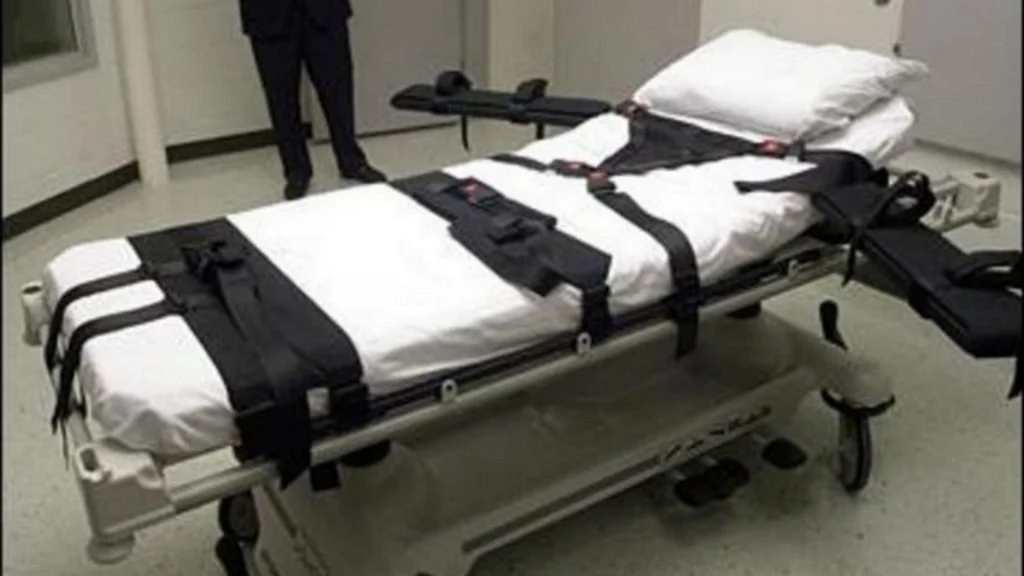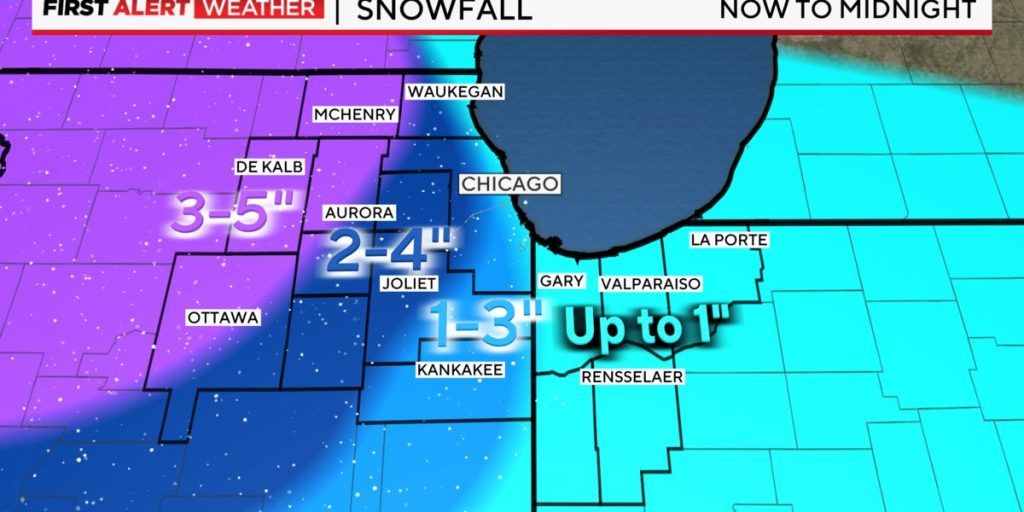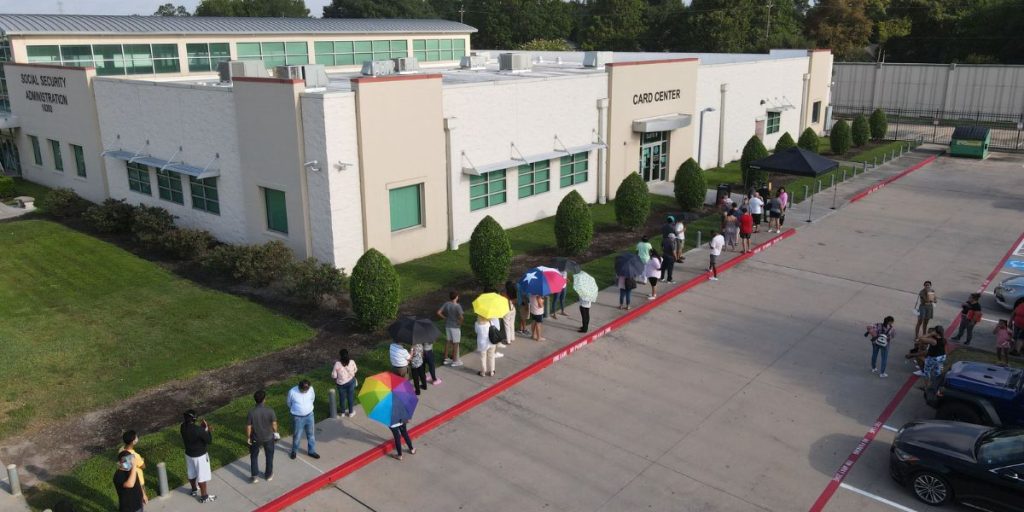In a groundbreaking decision, Kenneth Eugene Smith is set to make history as the first person in the world to be executed using nitrogen gas, after the US Supreme Court and a federal appeals court both denied his request for a stay of execution.
The US Supreme Court’s rejection came on Wednesday afternoon, followed by the federal ruling at 7 pm. The scheduled execution is slated for 6 pm on Thursday at the William C Holman Correctional Facility in Atmore.
The 11th US Circuit Court of Appeals justified its decision by stating that Smith “has failed to show a substantial likelihood of success on the merits of his claims.” Smith’s legal team had sought to block the execution, citing concerns over the untested method of using nitrogen gas, which has faced scrutiny from the UN and veterinarians.
Judge Charles R Wilson, in the majority opinion, expressed apprehensions about the potential for a cruel and unusual execution, acknowledging that Smith may not be constitutionally guaranteed a painless death.
Smith, 58, has raised significant concerns about the execution method, particularly the risk of suffocating on his own vomit. This fear stems from a previous botched execution attempt in 2022, where officials struggled for four hours to administer lethal drugs through intravenous lines.

Read more:
- Guilty verdict for St. Petersburg resident tied to six ounces of cocaine
- Kidnapper Found Guilty in Case of 13-Year-Old Girl Who Signaled for Help
- Impeachment trial defense for Paxton cost $2.3 million
- Accusations Against Illinois Man for Alleged Involvement in Florida Murder Scheme
Despite advocating for nitrogen gas in the second attempt, Smith remains wary of the state’s protocol. According to the heavily redacted document, prisoners are to wear a mask and breathing tube to control the gas, gradually depriving them of oxygen. The slightest error in execution could lead to suffocation or a vegetative state.
Judge Jill A Pryor provided the lone dissenting opinion, emphasizing the potential cost to Smith’s human dignity. She disagreed with the majority’s findings, highlighting errors in the district court’s factual determinations regarding the substantial risk under the Eighth Amendment.
A primary concern for Smith is the likelihood of experiencing nausea and vomiting due to his post-traumatic stress disorder, a condition exacerbated by the failed execution attempt in 2022.
Attorney Robert Grass, representing Smith, intends to appeal the latest federal court decision to the Supreme Court. The petition questions the right to a second execution and whether it would constitute “cruel and unusual punishments” under the Eighth and 14th Amendments of the US Constitution.

The Supreme Court’s rejection, without additional comments or public dissenting opinions, leaves Smith’s fate hanging in the balance. In response to the request, the state defends the untested method, hailing it as “perhaps the most humane method of execution ever devised.”
If the second appeal proves unsuccessful, Smith could become the first person executed with any type of gas since 1999, according to the Death Penalty Information Center.
Smith’s criminal history traces back to 1988 when he was convicted of murdering Elizabeth Dorlene Sennett, a pastor’s wife, in a murder-for-hire scheme in Colbert County. The gruesome crime involved Smith and a partner being paid $1,000 each to carry out the act. Upon entering the victim’s home, officials discovered she had been stabbed 10 times.
In 1996, a jury initially voted 11 to 1 to sentence Smith to life in prison. However, the presiding judge overrode the verdict in favor of the death penalty. Although Alabama has since barred the practice of judicial override for capital punishment, the law does not apply retroactively.
The approval of nitrogen gas for executions in 2018 paved the way for the controversial method chosen for Smith’s impending execution. As the legal battle continues, the outcome holds significant implications for the future of execution methods and constitutional rights in the United States.



